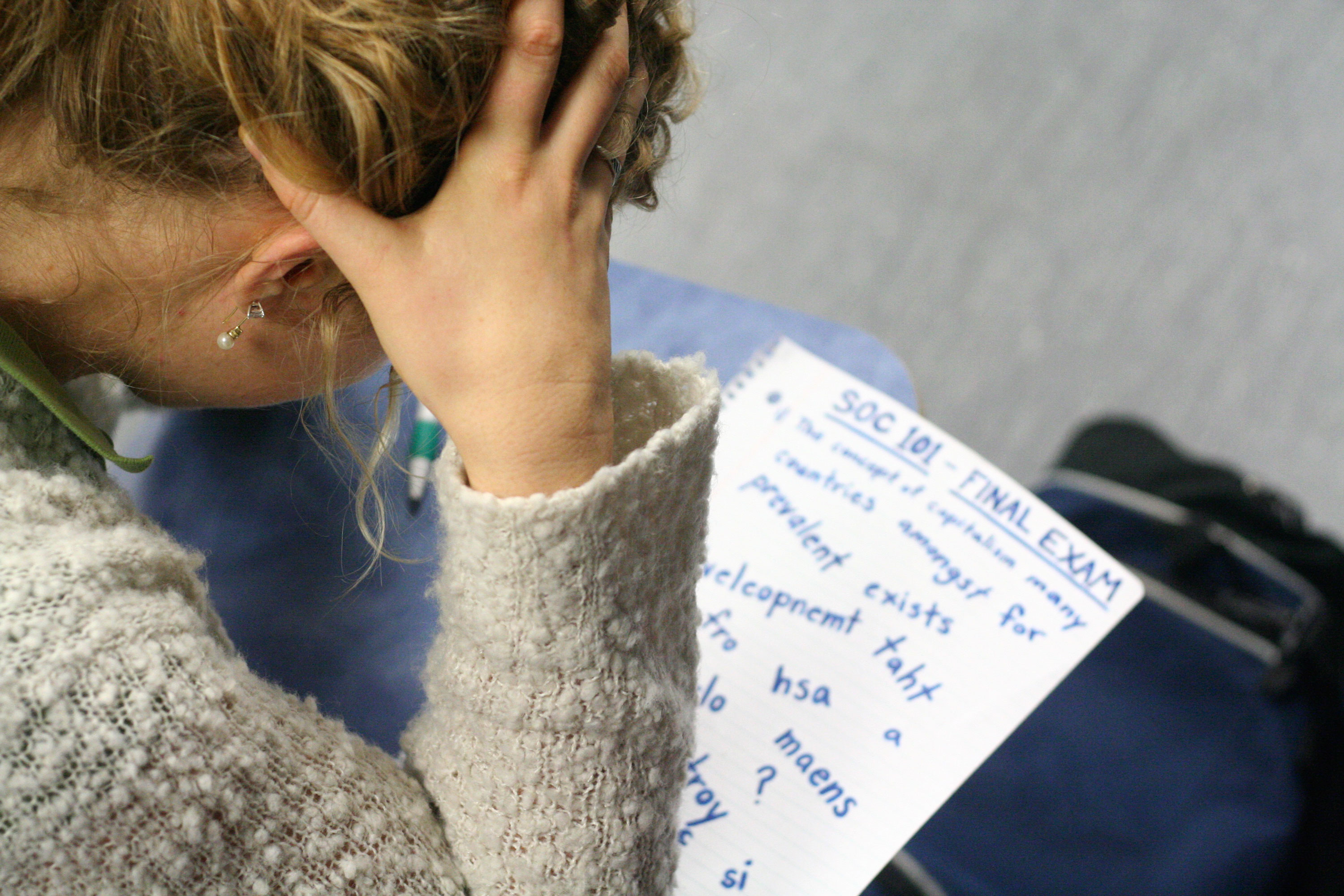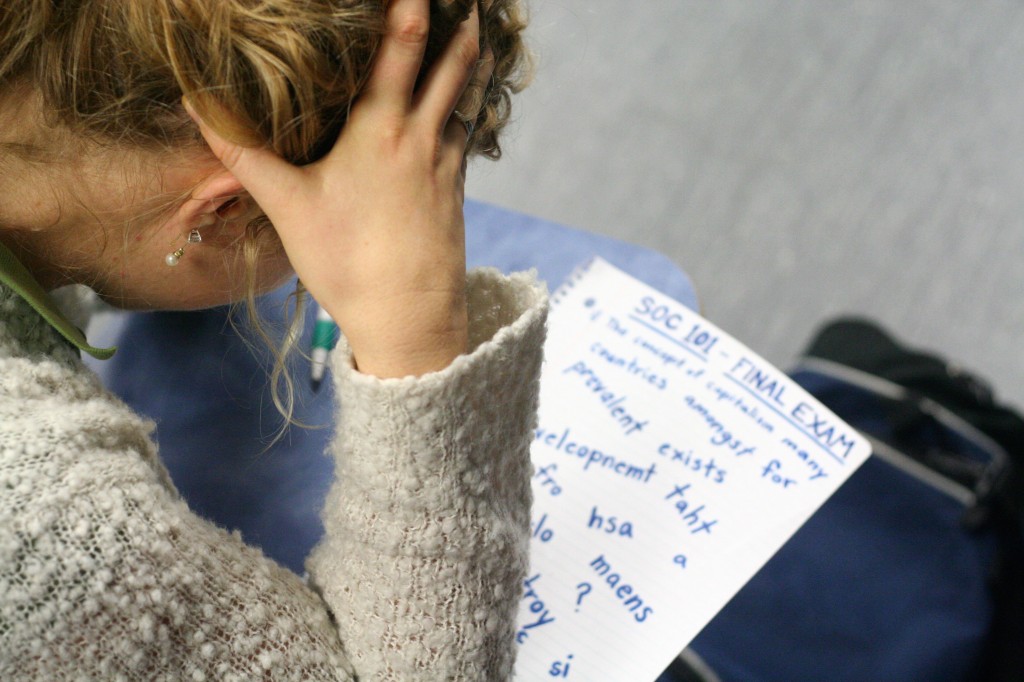Schools across Ontario call for mental health support


According to a survey conducted by advocacy group People for Education, 91 per cent of schools in Ontario expressed a need for further support in mental health programming for students.
The Elementary Teachers’ Federation of Ontario, the province’s elementary teachers’ union, expressed concerns similar to those elaborated in the survey, going so far as to call the current situation a crisis.
According to Carolyn FitzGerald, an assistant professor at Wilfrid Laurier University’s faculty of education, there is good reason to suspect that the current crisis is the result of pre-pandemic trends in mental health coupled with new challenges from the pandemic.
“Even prior to the pandemic we know that there certainly have been challenges to the wellbeing of young people, probably in part contributed by less time spent outside, less time spent in physical activity, more time spent on screens, more time engaging in social media … that can really contribute to negative impacts on self-esteem, self-confidence [and] self-perception,” FitzGerald said. “So, there’s that, and then we drop the pandemic on top of that.”
The consequences of the pandemic in education, as is the case in virtually every other sector, have been multi-faceted. On one hand, children were withheld from immersing themselves in environments that drive social development – e.g., the classroom, the schoolyard, etc.
“We’ve got young people returning to pre-pandemic classroom environments without the developmental skills that the same kids from three or four years ago would have had entering the same environment,” FitzGerald explained.
On another hand, though some children have thrived in the digital education landscape, most have suffered intellectually as well as socially.
We know, in theory, that we need to kind of ease up on the curriculum, pull back on some of those academic expectations and really focus on building those social development opportunities. At the same time, we’re facing a lot of pressure to help young people catch up … so it’s a really complicated time.
Carolyn FitzGerald, an assistant professor at Wilfrid Laurier University’s faculty of education
The social and intellectual deprivations experienced during the pandemic each present their own unique challenges and have combined to obscure the plan going forwards.
“We know, in theory, that we need to kind of ease up on the curriculum, pull back on some of those academic expectations and really focus on building those social development opportunities. At the same time, we’re facing a lot of pressure to help young people catch up … so it’s a really complicated time,” FitzGerald said.
Experiential learning opportunities, like field trips and science experiments, were also forfeited during the early days of the pandemic, presenting further challenges for development.
FitzGerald also noted that some groups, most particularly students with special needs, were especially challenged by the pandemic.
“They just did not have access to the same resources and supports that were available to them for a time in the school building … that’s a group of students who really suffered at the beginning of the pandemic.”
This theme – access to resources – is largely what People for Education and the ETFO expressed concern about in recent weeks. Further, just as certain groups of students were affected disproportionately, certain regions have been struggling more than others.
According to the survey from People for Education, the number of Ontario schools without access to a psychologist has nearly doubled over the past decade. Schools in rural regions were most likely to be without a psychologist or other mental health professional.
Principals whose inputs were included in the survey also mentioned worries about staff mental health.
Despite these justifiable concerns, and many more that we don’t have the time to discuss here, FitzGerald was willing to look at the positive outcomes of the pandemic as well.
“There’s lots of things that we have learnt from this … I don’t think it does any favours to our sense of mental health if we discount the positive too.”

